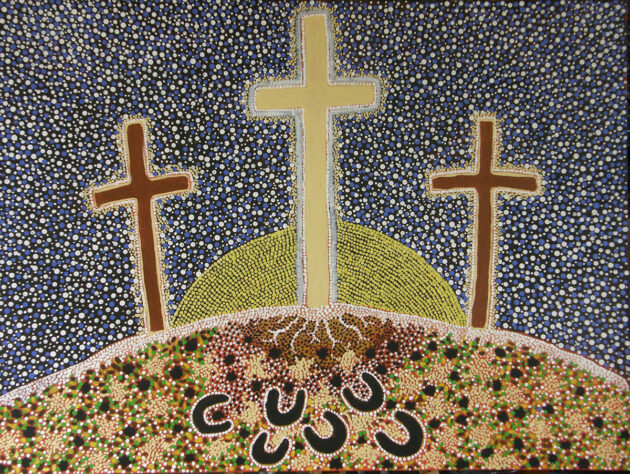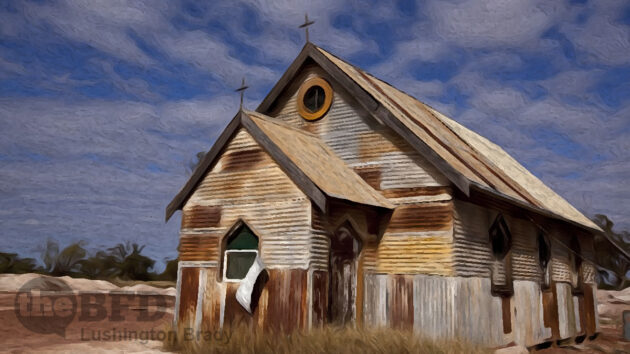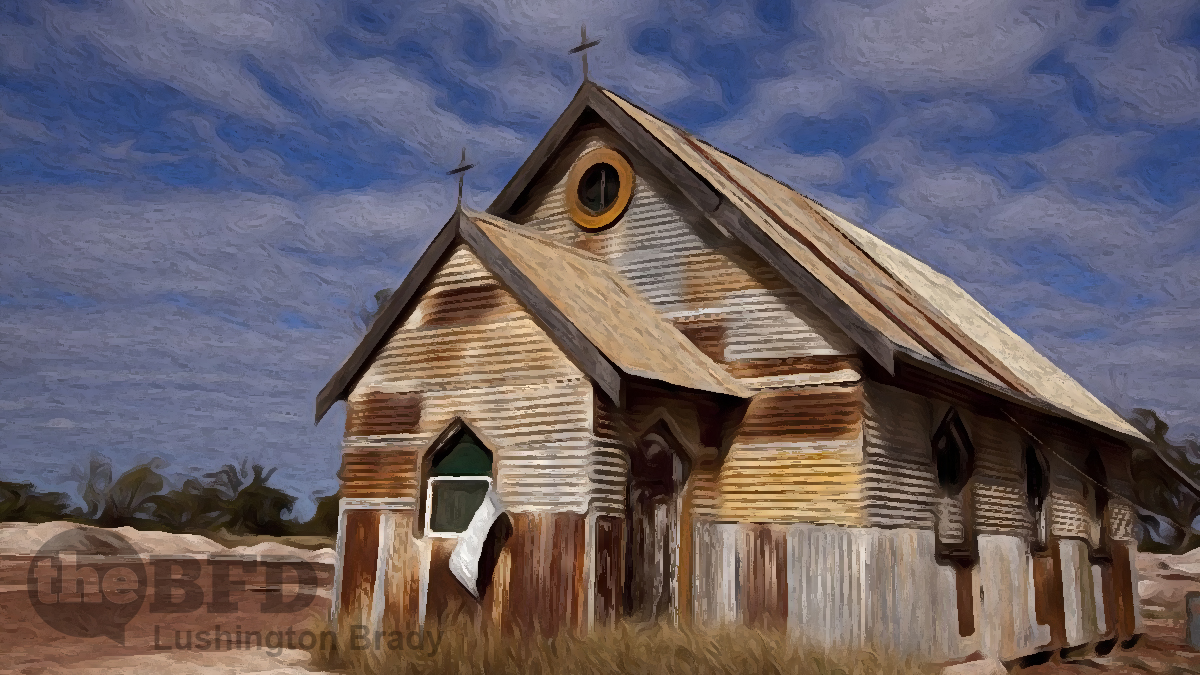It’s a common trope of antipodean Porch Atheists to deny Australia’s Christian heritage. This is nonsense, of course.
It’s true-ish to say that Australia is a secular democracy. It’s even more true that Australian culture has long nurtured a deep suspicion of overt public displays of religious fervour. As an old folk song put it, “Well, strike me pink/But I’d rather drink/With a bloke sent down for arson/Than a rantin’, ravin’/Screechin’, preachin’/Cranky, blanky parson”.
Nonetheless, Australian culture has a deep connection to Christianity. Our parliament opens with the Lord’s Prayer – it is only recently that the wokesters have shoehorned the made-up “Acknowledgement of Country” nonsense on top of it. ANZAC Day, one of our most solemn public occasions, has deeply grass-roots Christian origins. The majority of Australians still identify as Christian, even if they’re not regular churchgoers.
But there has long been a sustained attack on Australia’s Christian cultural roots.
Many would say that Australian politics is broken, but it may be more accurate to say that Australian culture is in ruins[…]
More than ever before, our nation needs spiritual re-invigoration.
It’s notable that in the fight against wokeism, secular classical liberals have been distinctly missing in action. Instead, it’s been the Christians sticking their heads above the parapets.
Recently, however, as Christians have become increasingly engaged in Australian culture, a fresh wave of courageous Christian leaders has entered the fray.
This trend is perhaps best represented by the phenomenal growth of the Australian Christian Lobby (ACL) under its managing director, Martyn Iles. Under Iles, the ACL has grown to include a membership of over 200,000 Australian Christians and Iles’s popular videos have reached tens of thousands of viewers internationally.
But beyond the work of the ACL, scores of other uncompromising Christian leaders are emerging (or reemerging) in various fields: commentary, academia, media and the legislature — Stephen Chavura, John Anderson, Amanda Stoker, Kurt Malburg, Kirralie Smith, Damian Wyld, Lyle Shelton; the list goes on and on. There are many Christians in all areas of society doing incredible work.
But — must it only be churchgoing, devout Christians defending Australia’s culture and traditions? Ours is, whatever the porch atheists may say, a culture and tradition deeply embedded in centuries of a wider culture, what was once known as Christendom.
Many “progressive” Australians try to make up for their spiritual emptiness by embracing a bowdlerised notion of “Indigenous Culture” – epitomised in fluff like “Welcome to Country” ceremonies. But not only is this an insult to actual traditional Aboriginal culture, it also ignores the fact that most Aboriginal Australians (73%) are Christians. Often devoutly so.

People are disillusioned with the self-centredness and dishonesty of many of today’s politicians. In contrast, let us live out the abundant life that Jesus Christ has given us.
Let our words and actions stand in stark contrast to the despair and hopelessness around us. Let our hope and certainty through troubled times expose the world’s naïve faith in politics as the only answer.
Christians don’t need to agree on everything to be able to work together, but neither do they need to obliterate significant doctrinal discussions.
The Good Sauce
It might also be argued that “cultural Christians” don’t need to be “rantin’, ravin’, cranky, blanky parsons”, either. Many thinkers of secular liberalism like Douglas Murray and Niall Ferguson are starting to realise that, by abandoning Christianity, Western civilisation has hollowed out its soul.
“I know I can’t achieve religious faith,” Ferguson says, “but I do think we should go to church…I’m a big believer that with the inherited wisdom of a two-millennia old religion, we’ve got a pretty good framework to work with.”
I wrote, some time ago, that “Hedging Pascal’s Bet” mightn’t be such a bad idea.
“Pascal’s Wager” is the argument that even the slim possibility of God’s existence and the reward of infinite bliss in the hereafter is reason enough to at least pretend to believe in God. But that seems a pretty mercenary and deceitful argument, to me.
But Pascal was onto something. You don’t have to lie about believing in God, or hold out for a heavenly reward to see the virtues of Christian belief. Even if you don’t believe in God with all your heart, loving your neighbour as yourself isn’t a bad ethical precept to live by.
At the very least, a basic grounding in Christianity schools one in basic ethical reasoning and a sense of meaning. Too many young people, especially those raised in well-off, liberal families, are growing up with what Camille Paglia calls a “shockingly narrow views of human existence, confined to inflammatory and divisive identity politics”.
As Pascal himself put it, “What harm will come to you from choosing this course? You will be faithful, honest, humble, grateful, full of good works…you will gain even in this life”.

Please share this article so that others can discover The BFD

